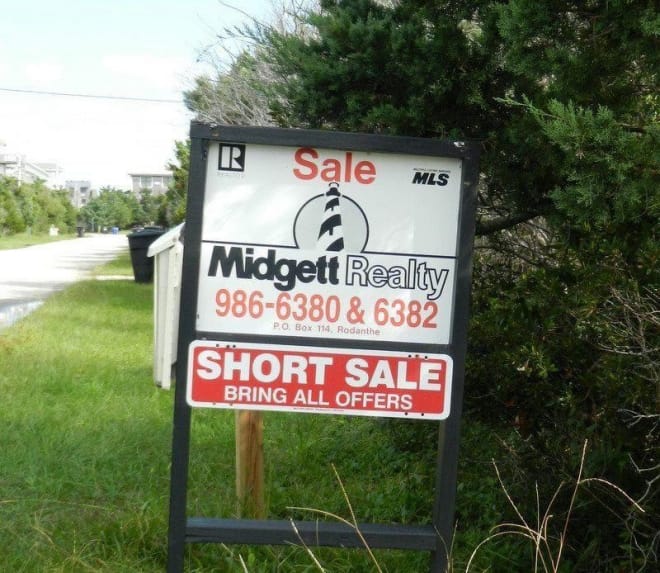Wondering what the difference is between a short sale and a foreclosure? In the following video, from the realtor.com YouTube channel, we learn about the differences and how savvy home buyers can get a bargain.
Foreclosures and short sales are both options for homeowners who fall behind on mortgage payments, but it’s important to understand the difference between these two processes. So if you’re struggling to pay your mortgage and aren’t sure what to do, allow this primer on foreclosures vs. short sales to set you straight. Here’s what these things are, their pros and cons, plus how to tell whether a short sale or foreclosure is the better option for you.
What is a short sale? A short sale happens when a homeowner owes more on the mortgage balance than the market value or sale price of the property at the point the owner wants to sell. For a short sale, the homeowner is essentially asking the mortgage lender (typically a bank) to accept a lesser amount than the total mortgage owed. For example, if the homeowner sells the house for $250,000, but the remaining mortgage loan balance is $300,000, the seller is essentially $50,000 “short” on paying the lender back. That’s a short sale.
What is a foreclosure? Foreclosure is a legal process that happens when a homeowner (although “borrower” might be a more appropriate term from the perspective of the lender) is unable to make mortgage loan payments for a significant period of time. After three to six months of missed mortgage payments, a lender will issue a Notice of Default with the County Recorder’s Office. This notice is to let the borrower know he is at risk of foreclosure—and when they foreclose, the current owner will be evicted.
What is the difference between a short sale and foreclosure? Short sale and foreclosure are similar in that they’re both financial options for individuals who own homes but find themselves in financial distress. Both also have a negative impact for your tax return, credit score and credit report, and future prospects getting a loan. But short sales and foreclosures differ greatly in process.



